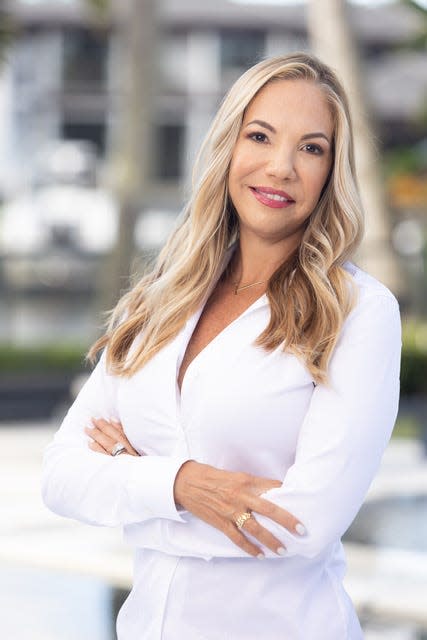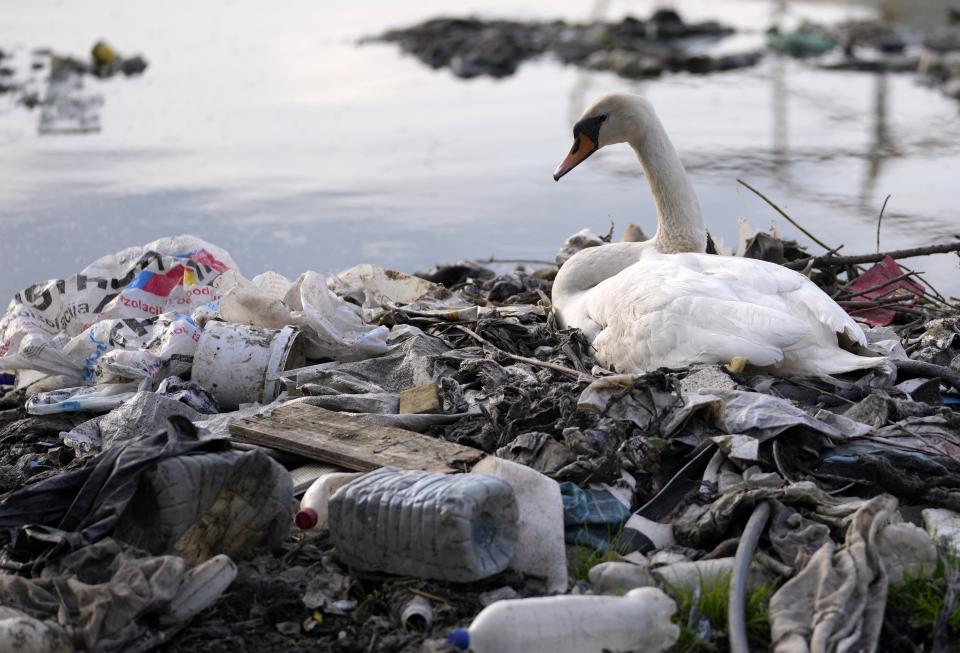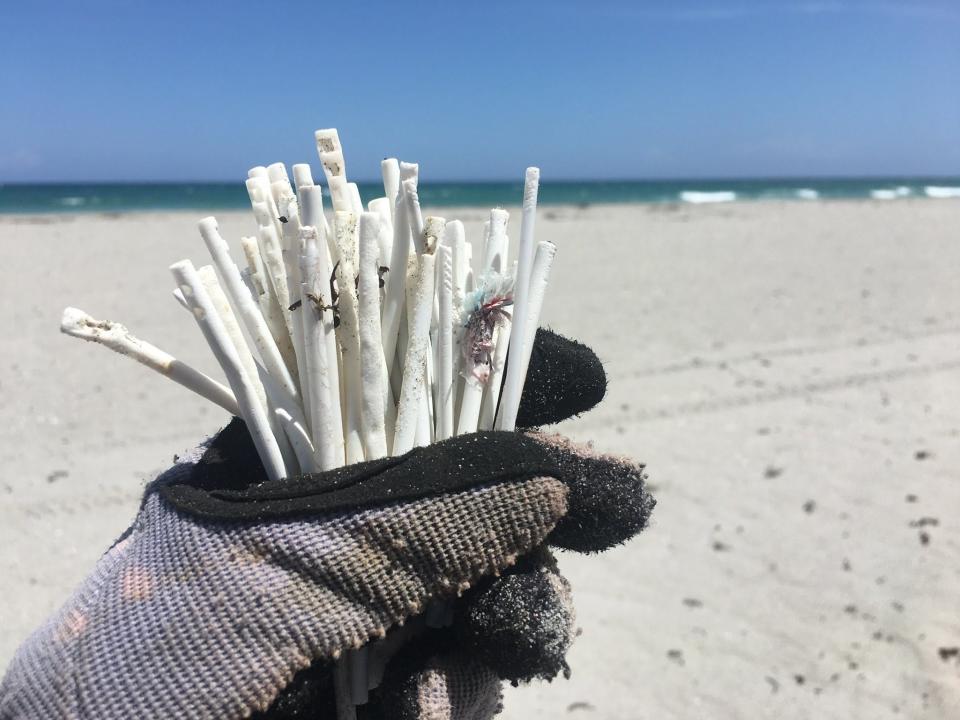Let's commit to a plastic-free July

July is the month devoted to reducing use of plastics, especially those we use only once. This commitment needs urgency, as only about 5% of the 46 million metric tons of plastic waste currently produced in the United States each year is recycled. Between 4 and 12 million of these metric tons of plastic enter the ocean.
This situation affects sea turtles, whales, birds, fish, coral reefs and numerous other marine species and habitats. Scientists estimate that more than half of all sea turtles and nearly all seabirds have eaten plastic during their lifetimes.
As the Oceanic Society states, plastics are forever. The plastic bags we use in our everyday lives take 10 to 20 years to decompose; plastic bottles take 450 years. Other plastic items take up to 1,000 years.


We also face pollution from microplastics, tiny fragments released not only from plastic objects, but also from tires, clothing and cosmetics.
To make matters worse, a University of Hawaii study revealed that plastic exposed to the elements releases methane and ethylene, two potent greenhouse gases that worsen climate change.
All of this means that recycling efforts are far from sufficient. So we must simultaneously work to reduce our use of plastic, especially by rejecting single-use plastic. We are talking about straws, plastic bags, eating utensils, stirrers, beverage bottles and takeout containers. Carry reusable substitutes instead.
We should also be mindful of using plastic-free cosmetics and microbead-free beauty products.
When you refuse single-use plastic items, let businesses know that you would like them to offer eco-friendly alternatives. And lobby your local authorities to optimize plastic recycling in your city.
The key to slowing plastic pollution lies in the three R's: reduce, reuse and recycle. Now is the right time to start.
Thais Lopez Vogel is founder and trustee of VoLo Foundation, a family foundation that educates audiences on how to create a sustainable and secure planet for generations to come. She wrote this for the Invading Sea series of essays for a collaborative of Florida editorial boards focused on threats posed by the warming climate.
This article originally appeared on Palm Beach Post: Plastics pollution harms the ocean and contributes to climate change

